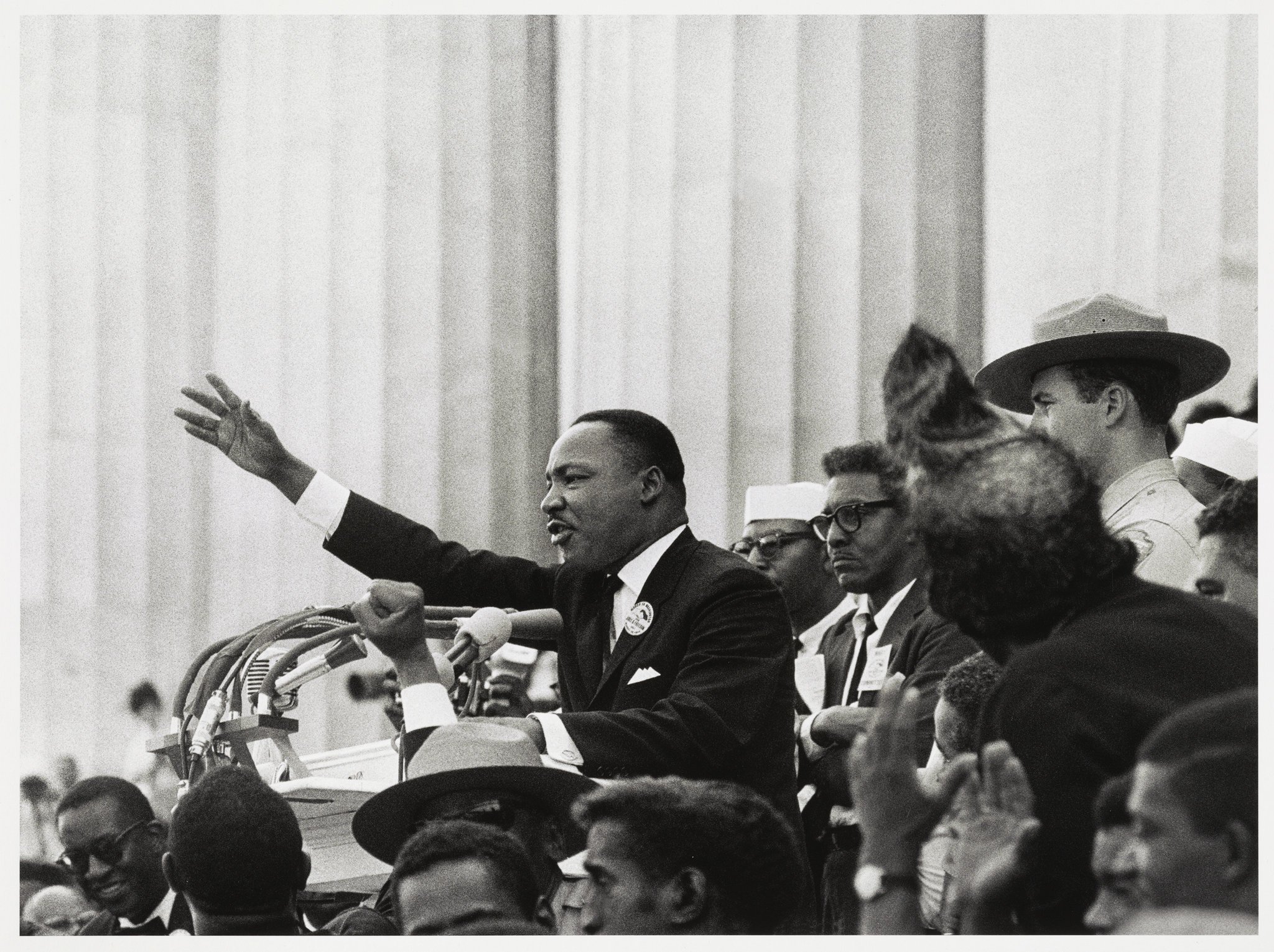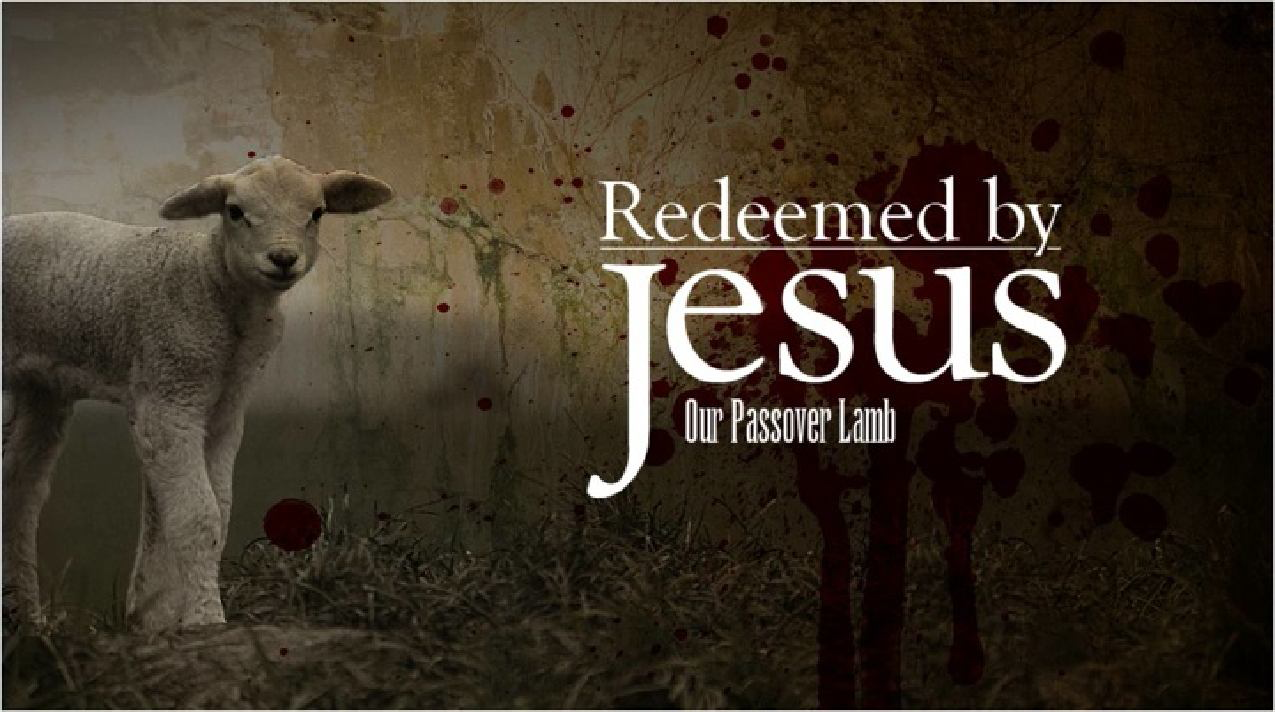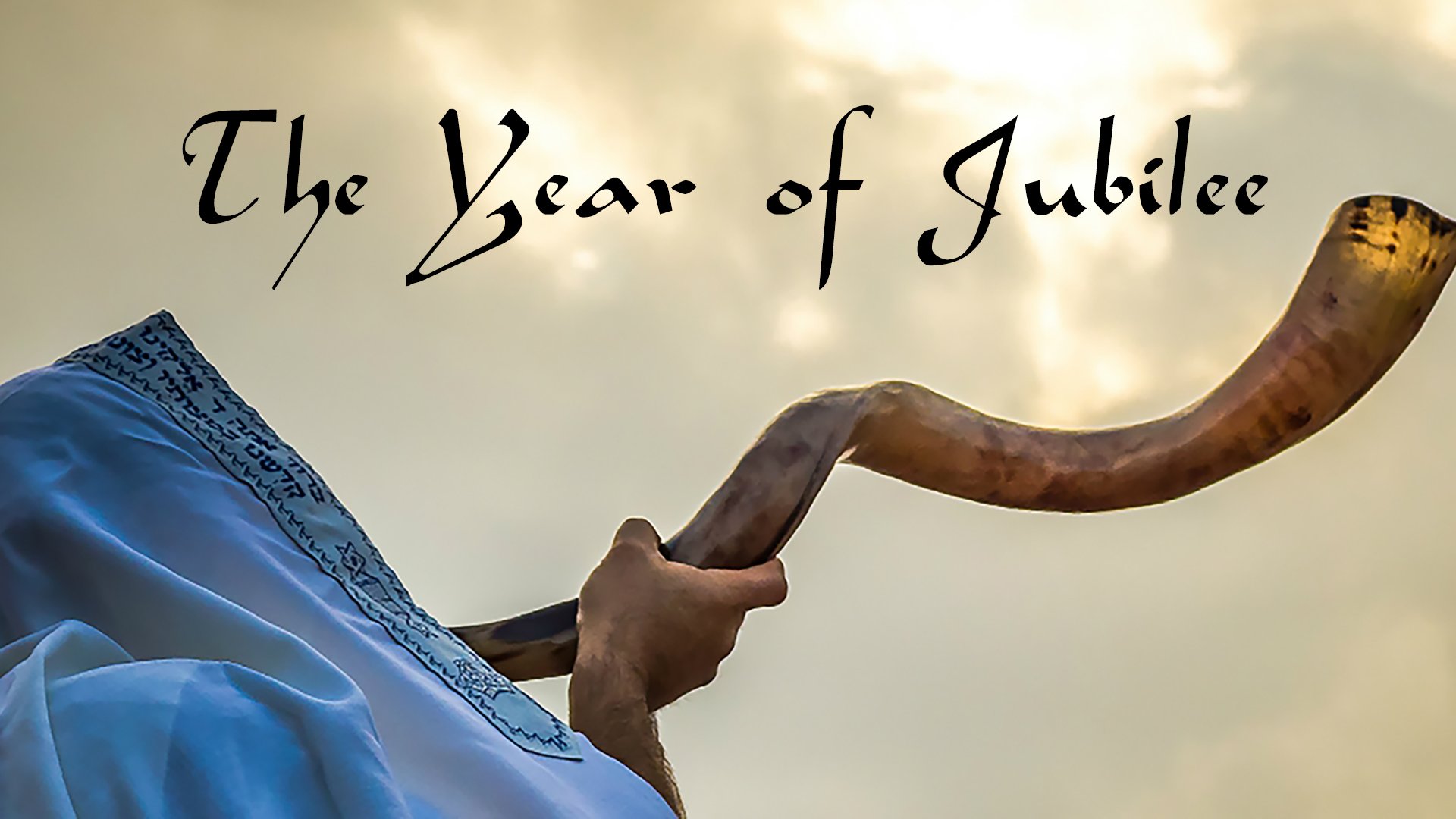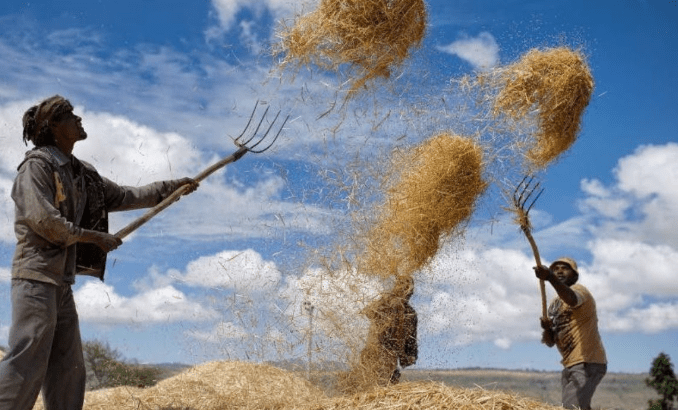The Book of Numbers calls us to think through our vision of Church. It can so easily become a series of events I attend, or not; a friendship group, or in a crasser vein: a one-stop shop for my personal spiritual needs to be met, whilst I carefully avoid getting too involved. There are any number of variations on a theme, but they are all deeply inadequate. The Church is a body of people growing into God’s vision for their life together.
As the Lord sends the disciples to school in the Book of Numbers we find Him tackling the head on something that threatens the unity of the Church. It’s hard to pin down exactly what’s going on, which is true-to-life, in that sin is rarely a cut and dried thing. It travels in packs, and in this pack there is at least jealousy, pride, bitterness and resentment, but the flash-point seems to racism. Which fed which is anyone’s guess! It’s worth noting the stridency of the Lord’s response to racism in the heart of the Church. It is dealt with ‘at once’ (12:4).
The issue of racism is more complex than ever in our own culture. The whole concept risks being distorted and weaponised in our own context. In some quarters it has already been hijacked and turned into a new form of discrimination. It is a volatile subject in both personal and cultural experience, and we are naïve if we think it isn’t in the experience of the Church.
As we get into this passage, it might be worth remembering that someone once had a dream. As Martin Luther King stood on the steps of the Lincoln memorial he delivered one of the most famous speeches in recent history. He demanded that we never be satisfied as long as children – dare I say, of any race – are stripped of their selfhood and robbed of their dignity ... that we be not satisfied until justice rolls down like waters and righteousness like a mighty stream... until one day those children will be judged not by the colour of their skin, but by the content of their character ... until one day when freedom will ring from every village and hamlet, from every state and city, and we will be able to speed up the day when all God’s children, black and white, Jews and gentiles, Catholics and protestants will be able to join hands and to sing in the words of the old negro spiritual: Free at last, free at last, thank God Almighty we are free at last.
Questions:
Can the dream of a society without racism ever be realised outside of the Church? Could it be realised inside the Church? What constitutes a specifically Christian response to the sin of racism? How is it different from much of the discourse about race in our culture?
Hab.3:17 links Midian and Cush. Why do you think Zipporah’s ethnicity had never been a problem before? What might have triggered it at this point in the narrative of Numbers?
What else is going on along with the complaints about Moses’ wife? Do any of the other issues raised by Aaron and Miriam have validity?
How can we cultivate humility? Why is this point made about Moses at this point? How does it explain Moses response... or lack of one?
Is racism really such a big deal that it requires the Lord’s personal intervention like this (v.4)? Why / why not? Do you think it is something we need to worry about at MIE? How would you recognise it if it was?
Jesus picks this narrative up in john 5:36-38. What is the point he is making there? How does it connect with Numbers 12?
This passage is also picked up in Heb.3:1-6. What is the point being made there? How does it connect with Numbers 12?
Have a look at Lev.14:1-9 / 15:8. How does the Lord’s disciplining of Miriam underline the seriousness of her sin? Why does the camp stay in one place during the period of her exclusion?
How can you ‘make every effort ot keep the unity of the Spirit’ (Eph.4:1-6)?



























